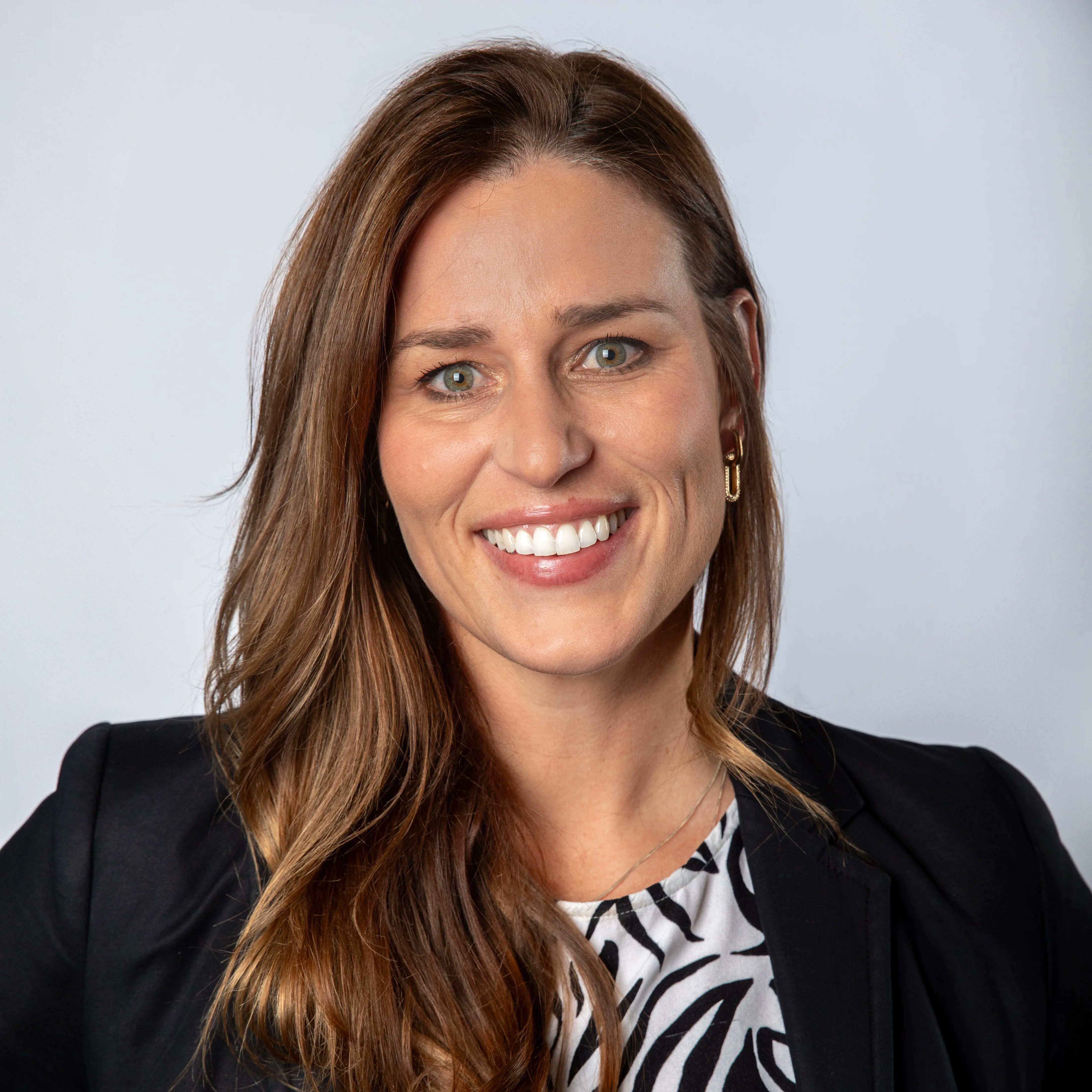What’s the fuss about retirement funds anyway?
16 AUGUST 2023
When it comes to preparing for your retirement, it's never too late. Starting in your 30s or 40s is still a good time to start saving for retirement, since there are still a considerable number of working years to go. It's better to save anything than nothing at all. On the surface, not much has changed in terms of retirement preparation throughout the years. You put in your time at work, build up your nest egg, and then enjoy your golden years. When it comes to savings, the mechanics are the same, but there are several problems that are unique to today's savers.
On the surface, not much has changed in terms of retirement preparation throughout the years. You put in your time at work, build up your nest egg, and then enjoy your golden years. When it comes to savings, the mechanics are the same, but there are several problems that are unique to today's savers.
Since people are living longer, their financial resources will also need to survive longer – perhaps even into their 90s. In addition, bond rates are significantly lower than they used to be, making it difficult to invest in fixed income and achieve a return of more than 10%. Then there is the epidemic of coronavirus, which has resulted in a public health disaster.
Because of all this, a growing number of businesses are migrating away from traditional defined benefit pension plans and toward more volatile defined contribution alternatives.
So how can you enjoy the retirement you've always dreamed of? As a matter of fact, retirees desire to accomplish the things they couldn't do when working since they were too occupied with their careers. The options are nearly unlimited, from exotic holidays to marathon running to novel writing to spending more time with loved ones.
So how much will you need for retirement?
Consider what your life may be like when you're done working. Write out your retirement aspirations.
Expect rising costs in the years to come. Take into account the costs of living, such as accommodation and food. You should keep in mind that some of your current expenses, such as a mortgage or child care bills, will no longer exist after you retire, which might lower your overall spending.
You'll also want to take into account any post-work income you may earn. If you have a pension or other sources of income, such as rent from a rental property, be sure to include these in your calculations. You can figure out how much money you'll need for retirement by comparing your income and spending.
BusinessTech gave us some suggestions based on when you will start saving for your retirement:
In your 20s.
This is the ideal time to begin saving for your golden years, with a goal of saving 10% to 20% of your monthly income. Read more on how to save money as a 20-something.
In your 30s.
If you started saving while you were in your 20s, it's critical that you remain with it and raise your contributions as your income rises. Saving for your retirement should now be a top priority whether you haven't done so already or have only recently begun doing so. You may free up money for your retirement by re-evaluating your budget and making changes to your lifestyle if required.
In your 40s.
As long as you've been saving since your 20s, the same rules apply to you. Keep a close eye on your lifestyle as well; don't instantly alter it when your income rises as you progress through the ranks in your work.
In your 50s.
Think about how much money you'll need in retirement and how you'll pay for it. You should keep in mind that certain expenditures will go down (e.g. the cost of commuting to work) while others will go up (e.g. medical care).
In your 60s.
If you can keep working, don't stop. Life expectancy has been steadily rising over the past few decades. This means that you should postpone your retirement funds as long as possible. When the time comes to retire, only withdraw the bare minimum to keep your funds growing.
If you're thinking about saving for retirement, our best advice is to start early, keep investing as much as you can, and avoid taking money out of your retirement account when you change jobs. Retirement may seem like a distant dream whether you're under 30 or if you're over 40, but it's never too early to start planning for it.
So start as soon as possible, and keep it growing for as long as possible.



